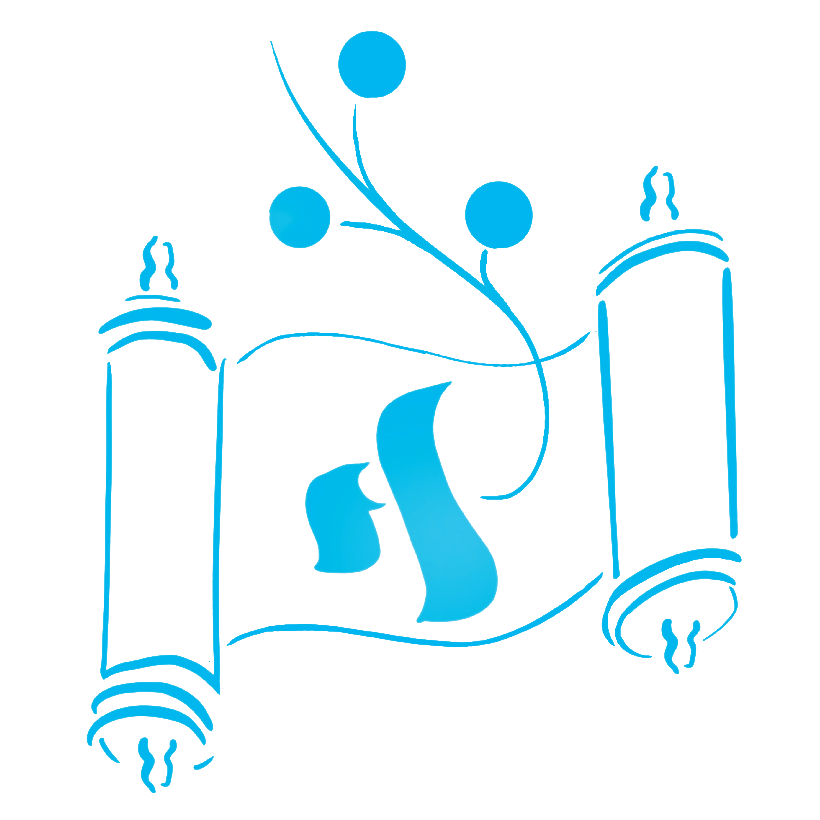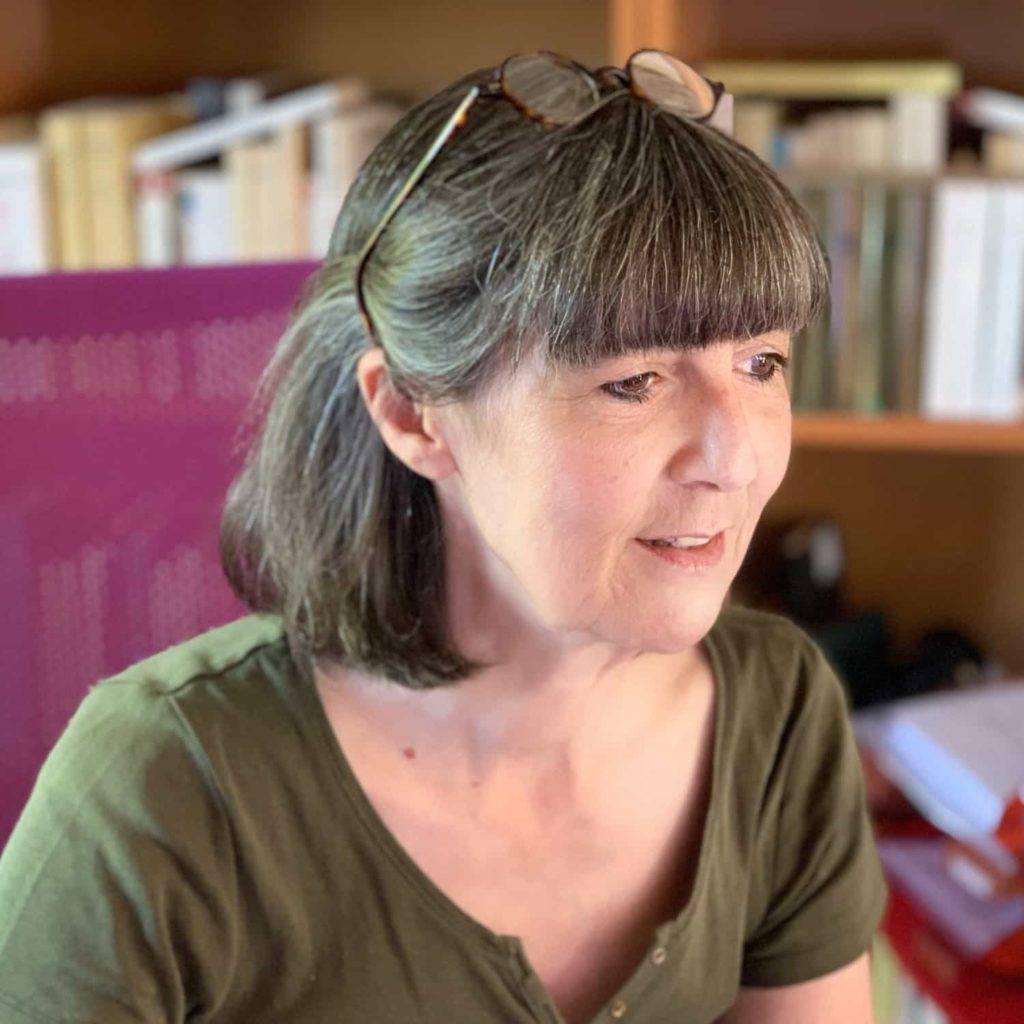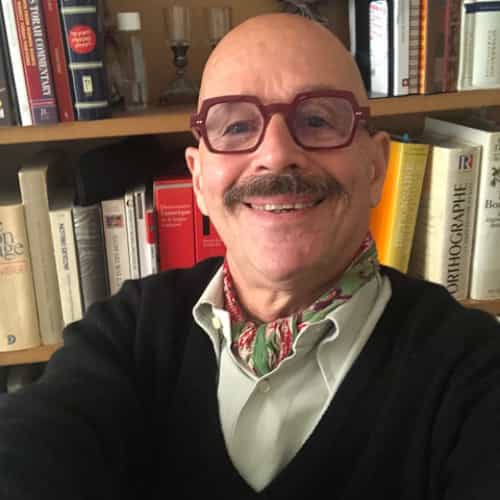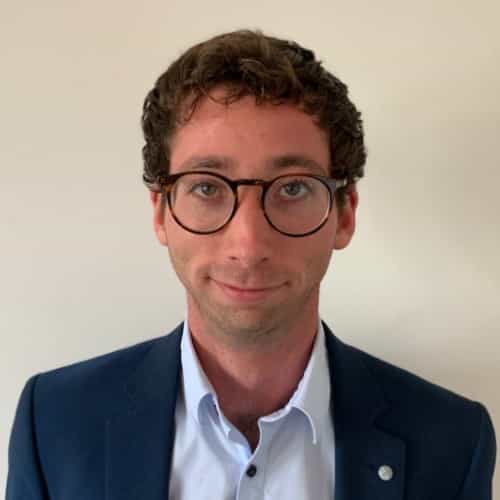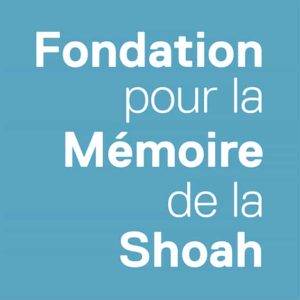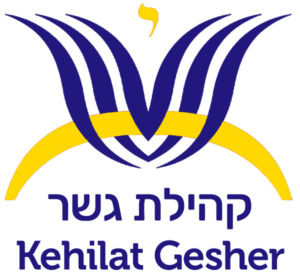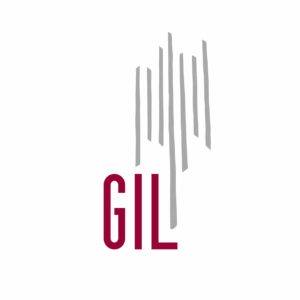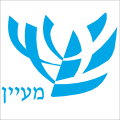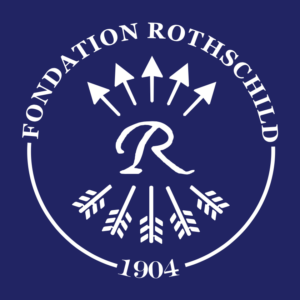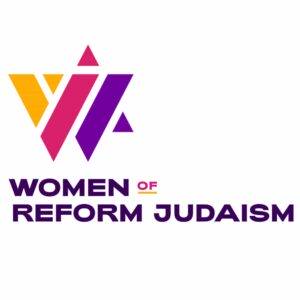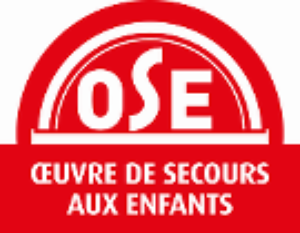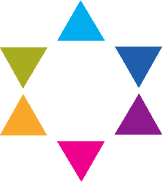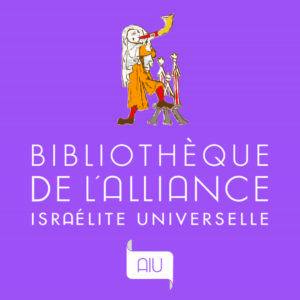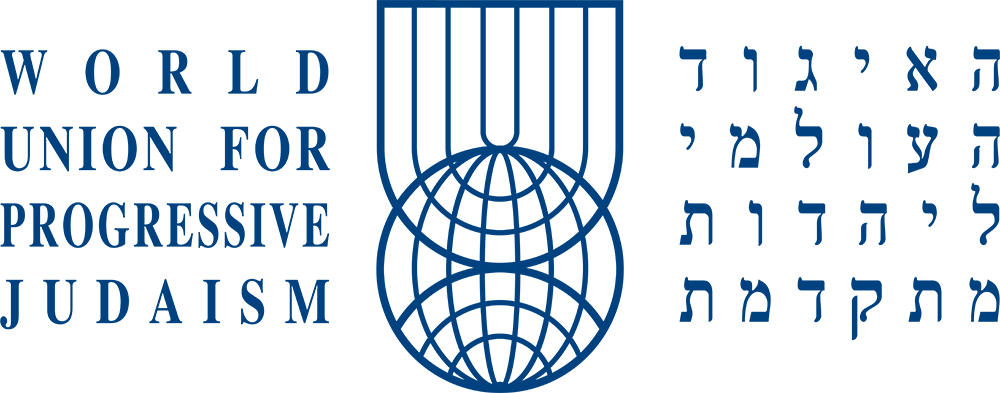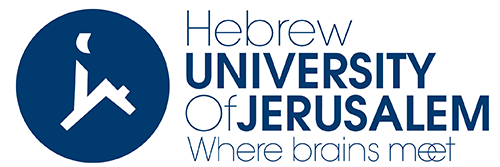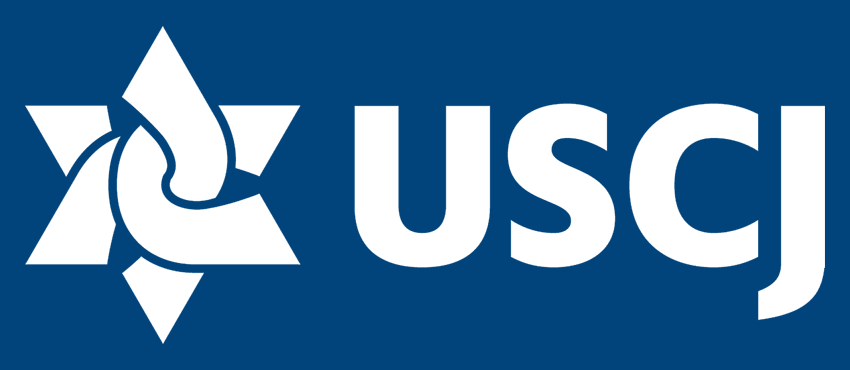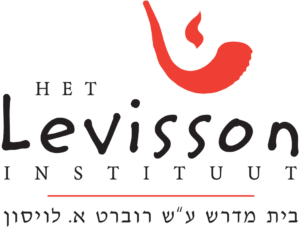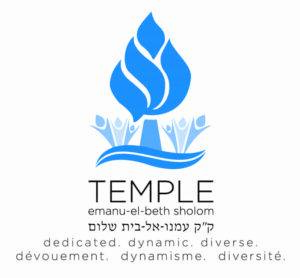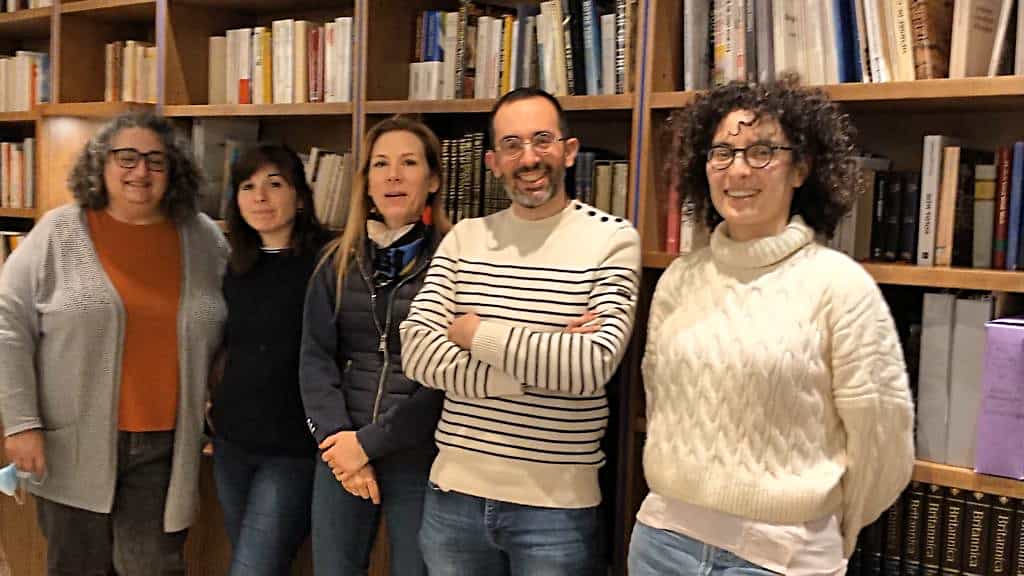
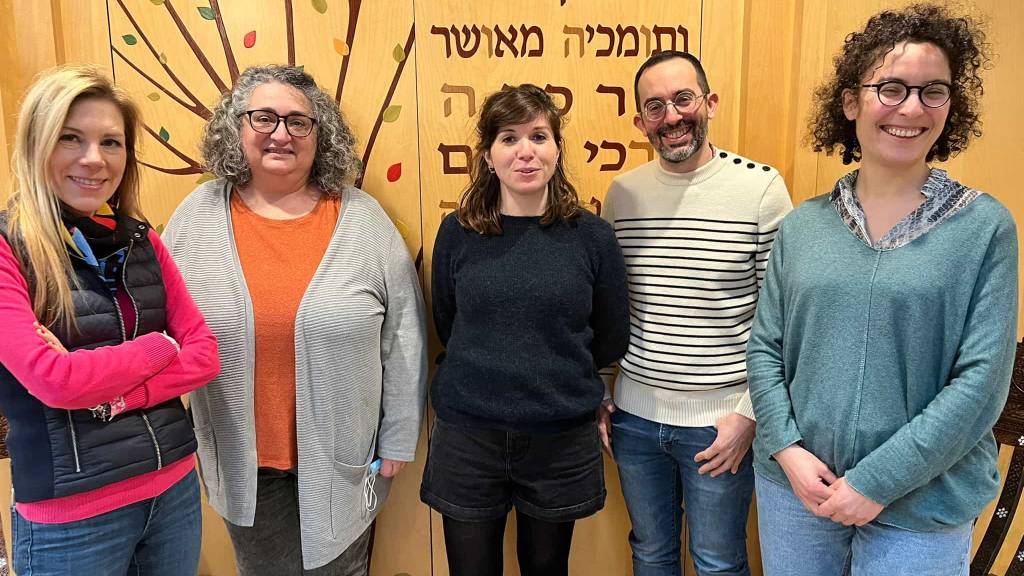
Les drashots des étudiants
Parasha Pinhas – 16 tammuz 5782 (erev shabbat)
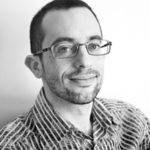
« Les frites, ça se mange avec de la mayonnaise ! » dit l’un ; « Non, ça se mange avec du ketchup ! », rétorqua l’autre. Pour une frite, pas plus longue que la lettre waw, voire que la lettre yud de l’alphabet hébraïque, deux de mes neveux se chamaillaient. En ce jour de vacances passées dans un parc d’attraction en Belgique où nous nous trouvions, l’un avait voulu se déguiser en cow-boy en short et l’autre en soldat romain. Ce…
Midrash – Rabbin Colin Eimer
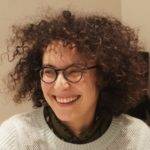
« Suis-je le gardien de mon frère ? » הֲשֹׁמֵ֥ר אָחִ֖י אָנֹֽכִי Une partie de la réponse de Caïn à Dieu lorsque celui-ci lui demande où est son frère Abel[1]Genèse 4:9 : וַיֹּ֤אמֶר יְהֹוָה֙ אֶל־קַ֔יִן אֵ֖י הֶ֣בֶל אָחִ֑יָ וַיֹּ֙אמֶר֙ לֹ֣א יָדַ֔עְתִּי הֲשֹׁמֵ֥ר אָחִ֖י … Lire la suite… (après avoir nié le savoir), devient une question qui n’a cesse de retentir dans nos esprits et qui traversent sous différentes formes, toute notre tradition. Elle est intimement liée à la…
Drasha Vayetste
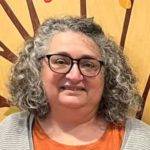
Voici Jacob, au début de ses tribulations. Il quitte ses parents, pour aller chercher femme dans sa famille maternelle. Presque comme son père, à qui on a trouvé une femme dans cette même famille. Mais surtout il s’éloigne de son frère qui a rongé par la perte de la bénédiction paternelle a résolu de le tuer. Rabbi Jonathan Sacks, z’l, à propos de Jacob, pose une question importante : (Light in Dark Times (Vayetse 5781) « Qu’est…
Parasha Haye-Sarah

24 ḥeshvan 5782 (erev shabbat) – vendredi 29 octobre 2021 (soir) Il y a un peu plus d’une semaine, une tempête a soufflé sur Paris et sa région pendant la nuit. Réveillé par le rugissement du vent, je me suis levé et je me suis approché de la fenêtre. Le ciel était complètement dégagé. Diffusant une belle clarté, la face visible de la lune offrait un visage imperturbable et apaisant au milieu de la tempête…
Vaye’hi
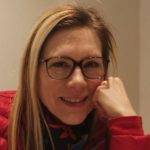
Shabbat 13-14 Tevet 5782 Dernière parasha du livre de la Genèse qui s’achève donc avec la mort de Jacob et de Joseph. Jacob-Israël, cette personnalité fractionnée, a la préoccupation du retour à l’unité et de la réconciliation fraternelle et familiale : -Avec son frère Esaü dont la haine l’a poursuivie pendant 20 ans jusqu’à la réconciliation finale inattendue.-Puis, à la suite des deux rêves de Joseph, quand il envoie ce dernier s’enquérir du shalom, de…
Vivre le bonheur avec tous ces autres et le vôtre en paix
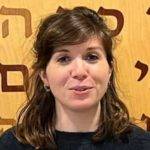
Yom Kippour – jeudi 16 septembre 2021 – GIL « Comment des années si courtes se fabriquent-elles avec des journées si longues ? » disait Vladimir Jankélévitch Nous tenons le bon bout de ceIe journée difficile, mais essentielle et si symbolique dans notre tradition. Nous avons tous notre propre idée du pardon, notre propre relation à celui-ci. J’espère que ceIe année vous avez pris le temps, comme moi, pendant les Asséreth Yemei Teshouva – les dix jours…
Les auditeurs libres
Isabelle Némirovski
Docteur de l’Inalco (études juives et hébraïques), titulaire d’une licence de russe (Inalco), fondatrice et présidente de l’association Les Amis d’Odessa, œuvre à reconstruire la parole mémorielle de la communauté juive odessite aux expressions plurielles et au rayonnement international.
Philippe Blanchard
Ancien élève de l’Ecole normale supérieure et agrégé d’anglais, il a enseigné l’anglais à tous les niveaux, du collège à l’université, avant de rejoindre une agence de publicité. Il a fondé une agence spécialisée dans la communication écrite des entreprises qu’il a dirigé pendant plus de vingt ans. A la retraite, il est inscrit en licence d’études hébraïques à l’INALCO, actuellement en seconde année de Master et auditeur libre à l’Ecole Rabbinique de Paris.
Asjer Waterman
Asjer Waterman (1992) studied in Amsterdam (Jewish studies) and Jerusalem (non-profit management). He grew up in the socialist-zionist youth movement Habonim-Dror and worked as a cataloguer and researcher in the Ets Haim library in Amsterdam. Next to his rabbinical studies, Asjer works as an advisor to the Dutch Jewish organization for social work, and as a cataloguer in the Rosenthaliana library.
Témoignages
Dear Dan and Sunita,
On behalf of our school’s director, Rabbi Pauline Bebe, and myself, I wanted once again to convey our deep gratitude to you both, and to let you know how much we appreciate your philanthropic generosity, which explicitly partners and shares in our vision of educating the next generation of rabbis and cantors for French speaking communities. (see:https://www.ecolerabbiniquedeparis.org/)
As I had mentioned at the beginning of this year, I asked a student or two who benefited from your donation to express what this year’s studies have meant in their spiritual and professional development. Do know that while I translated their texts into English for you, they wrote in French. I will let their words speak for themselves. And, Sunita and Dan, we do hope that you will consider renewing your support for the rabbinical school in the future, but we are very grateful for what you have already done.
May 2024 bring much good health and happiness to you both and your family — and perhaps a visit to Paris is in order when we finally get to the point of having the ordination of our first promotion of rabbis?!
In friendship, Tom
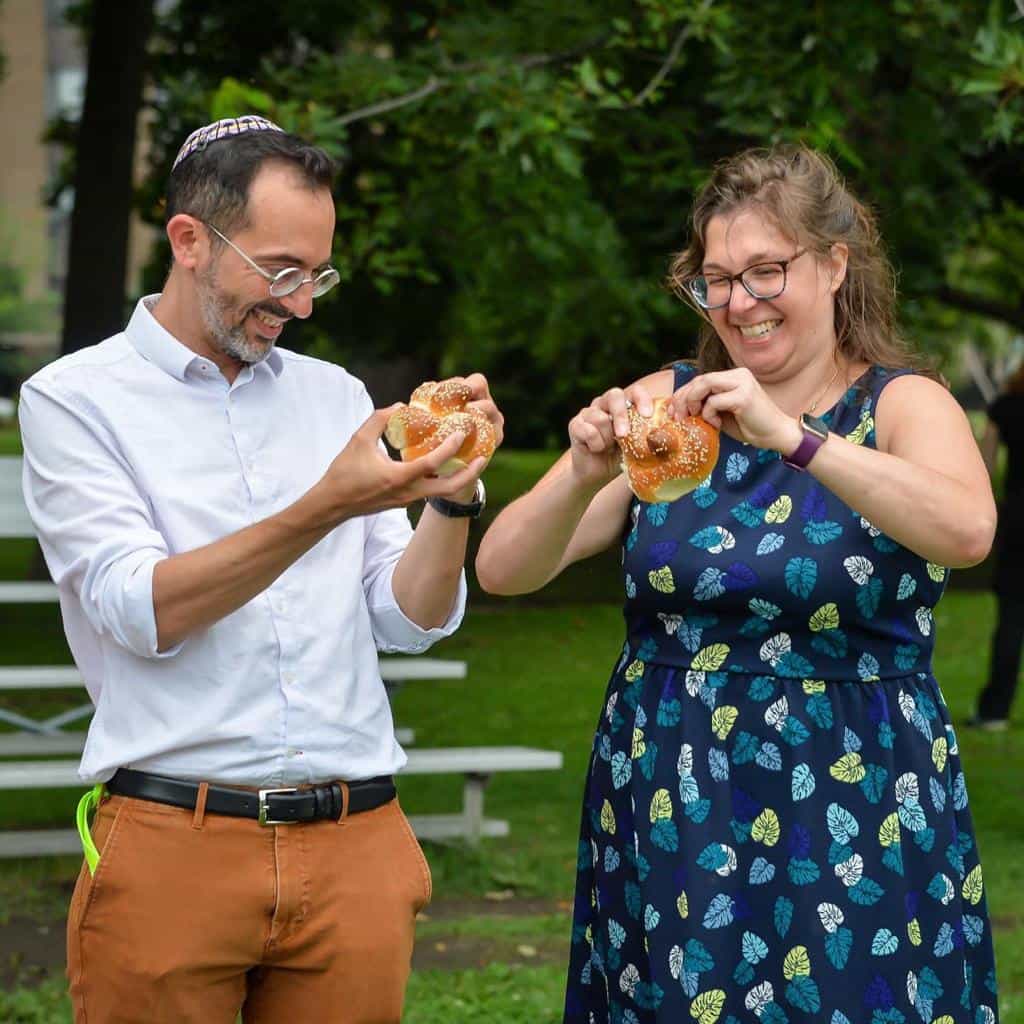
The 2022-2023 academic year at the École Rabbinique de Paris has been particularly rich. This year, I’ve been able to free up more time for my studies (note: Jérôme, as most of our students have a daytime job) and benefit more fully from the diversity and richness of the courses offered. The areas studied were numerous, and here are just a few examples.
In Bible literature, we had a seminar on the book of Kohelet and the book of Leviticus. I particularly appreciated the latter course, led by Rabbi Tamara Eskenazi, for the way she illuminated this initially austere book with a wholly original anthropological light, showing how the laws and organization of sacrifices were to enable symbolic links between the world of human beings and the divine world. Other courses tackled highly topical social issues, such as gender and feminism, using either biblical texts or, more broadly, texts from the entire Jewish tradition.
I also particularly enjoyed continuing my discovery of the Zohar with Rabbi David Greenstein – this course only confirmed that, much to my surprise, my mind is a little more « kabbalistic » than I would have thought before starting these studies.
From a halakhic point of view, we tackled other important subjects, which gave rise to lively exchanges on the laws of kashrut with Rabbi Tom Cohen and the laws of liturgy with Rabbi Josué Ferreira.
Finally, I was particularly delighted to continue my Gemara courses with Rabbis Sam Feldman and Josh Weiner. During this year, I felt that my interest in this literature had grown and my skills in it had increased. As a result, I’m planning to pursue this field in particular.
The year was not only rich in terms of teaching. I was fortunate enough to be able to do a rabbinical internship in Canada, in the city of Westmount (part of Montreal), in the Temple Emanuel Beth Sholom synagogue, led by Rabbi Lisa Grushcow. In addition to benefiting from her experience, I was particularly struck by the fact that the community, both French-speaking and English-speaking, was very supportive and welcoming towards me. In particular, I was very touched by the fact that several members asked to meet with me to discuss subjects close to their hearts. In this way, they placed me, perhaps a little early, in a real rabbinical position, which was not only a mark of confidence and honor for me, but also a sign of the work accomplished and progress made in recent years.
En résumé, cette année 2022-2023 a non seulement été passionnante du point de vue de l’étude et du point de vue pastorale mais elle a aussi marqué un tournant, celui par lequel, spontanément, j’ai été appelé « rabbi » par des membres d’une communauté qui jusqu’alors ne me connaissais pas. A mon sens, cela suffirait à prouver la qualité des enseignements reçus ces dernières années.
Il faut ici terminer avec un mot de remerciement pour toute l’équipe pédagogique et l’équipe administrative de l’Ecole Rabbinique de Paris. Ces remerciements s’adressent aussi aux soutiens de l’école et, en particulier, la famille Leeds dont le soutien a permis tous ces accomplissements.
To sum up, this year 2022-2023 has not only been exciting from a study and pastoral point of view, but it has also marked a turning point, whereby, spontaneously, I was called « rabbi » by members of a community who until then had not known me. To my mind, that alone would suffice to prove the quality of the teachings I’ve received in recent years.
I’d like to end by thanking the entire teaching and administrative team at the École Rabbinique de Paris. These thanks also go to the school’s supporters, including the generosity of the Leeds family, whose support is helping form the future leaders of Liberal Judaism in France.
Jérôme Chiavassa-Szenberg
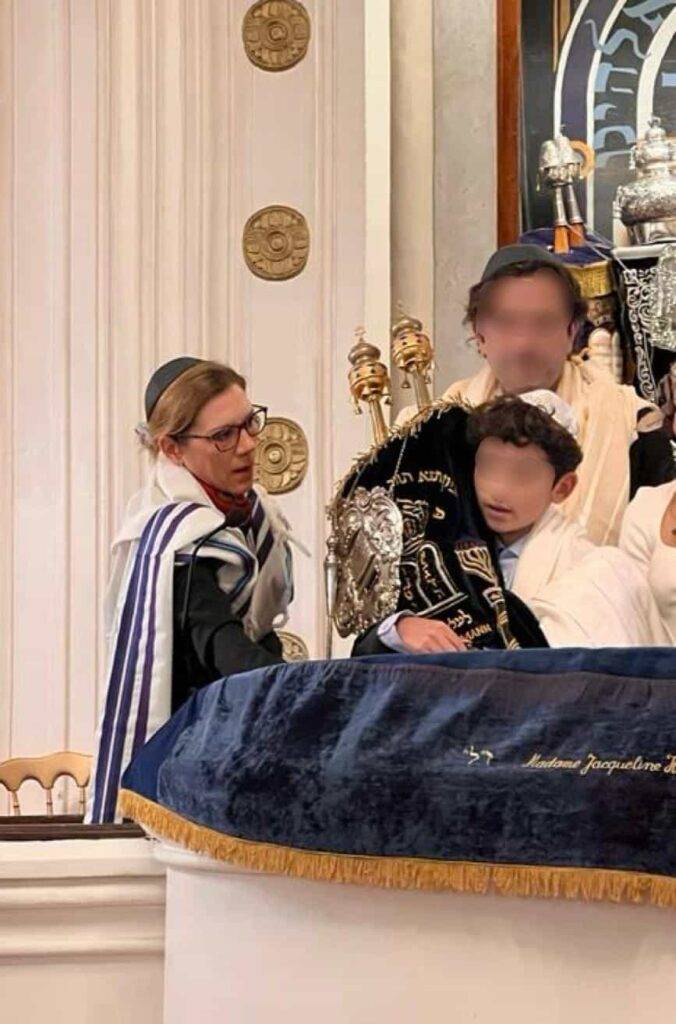
I’m a fourth-year student at the École Rabbinique de Paris.
For the past 4 years (plus a year of Mekhina), I have been taught by professors and/or rabbis from France, England, the United States and Israel in fields as varied as Mishnah, Talmud, Aramaic, midrashim, Halakhah, sha’alot-teshuvot, Zohar, Mussar, biblical exegesis, liturgy, the art of drasha, theology, philosophy, modern Jewish thought, the history of Reform Judaism, Zionism and the State of Israel, as well as rabbinic practice in accompanying families through the various stages of their lives.
But I was particularly touched by rabbi René Pferzel, rabbi Colin Eimer, rabbi Eliora Peretz, rabbi Pauline Bebe and rabbi Tom Cohen, whose humanity, community involvement and vision of an enlightened Judaism -in tune with the realities of this world without losing the essence of Tradition- corresponded to me, rabbi Tamara Eskenazi and rabbi Jonathan Magonet, whose profound erudition is combined with great humility and the simple joy of transmission, and rabbi David Greenstein, thanks to whom certain passages of the Zohar suddenly became clearer, opening up new avenues of reflection and interpretation of the texts for future drashot.
I’ve been able to put this rich and varied teaching to practical use in the Talmud-Torah classes, adult education courses and conversion courses which I teach, as well as in the Shabbat services, which I now lead on my own, in various liberal communities in the Paris, France and abroad, and in accompanying the bereaved at funerals to which I’ve been called upon to conduct. The knowledge, reflection and maturity that my rabbinical training has given me, means that I am regularly called upon to speak at inter-religious conferences that promote Jewish-Christian dialogue.
Finally, I would also like to thank the generous patrons of the École Rabbinique de Paris without whom this adventure would not be possible!
Stéphanie (Lea-Elisheva) van Tittelboom
Références
| ↑1 | Genèse 4:9 : וַיֹּ֤אמֶר יְהֹוָה֙ אֶל־קַ֔יִן אֵ֖י הֶ֣בֶל אָחִ֑יָ וַיֹּ֙אמֶר֙ לֹ֣א יָדַ֔עְתִּי הֲשֹׁמֵ֥ר אָחִ֖י אָנֹֽכִי |
|---|
